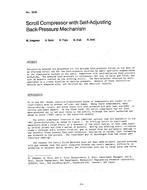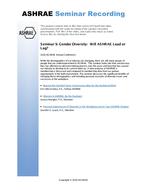Click here to purchase
A future connected community is rendered as an aggregate of sophisticated public infrastructure not only the energy system but also the transportation and communication networks, intertwined with each other. The issues multiply when researchers start juggling how, when, and where to allocate heterogeneous infrastructures, such as renewable energy sources, electric vehicles, and advanced wireless communication and sensor systems. In order to achieve a globally optimum operation and cost reductions, energy, transportation and communication networks should be modeled and optimized collectively. In this paper, a preliminary connected community package implemented in Modelica is proposed considering the interdependency between these three networks. In this package, a connected community is divided into multiple regional blocks. Each block has three system agents including an agent for energy consumption and renewable generation, an agent for transportation which includes an electric vehicle station, and an agent for communication. The three different system agents in energy, transportation, and communication are interconnected through different interfaces. For the energy system agent, the cable model links the interaction of different energy agents. For the transportation system agent, the road model is built to simulate the commuting between the different blocks. For the communication system agent, the transmission model is built to mimic reduction or delay in transmitting the information flow. Finally, a case study is presented to demonstrate how the transportation and communication networks influence on the operation of the energy systems between various blocks.
Citation: ASHRAE/IBPSA-USA Bldg Simulation Conf, Sept 2018
Product Details
- Published:
- 2018
- Number of Pages:
- 8
- Units of Measure:
- Dual
- File Size:
- 1 file , 3.3 MB
- Product Code(s):
- D-BSC18-C035


